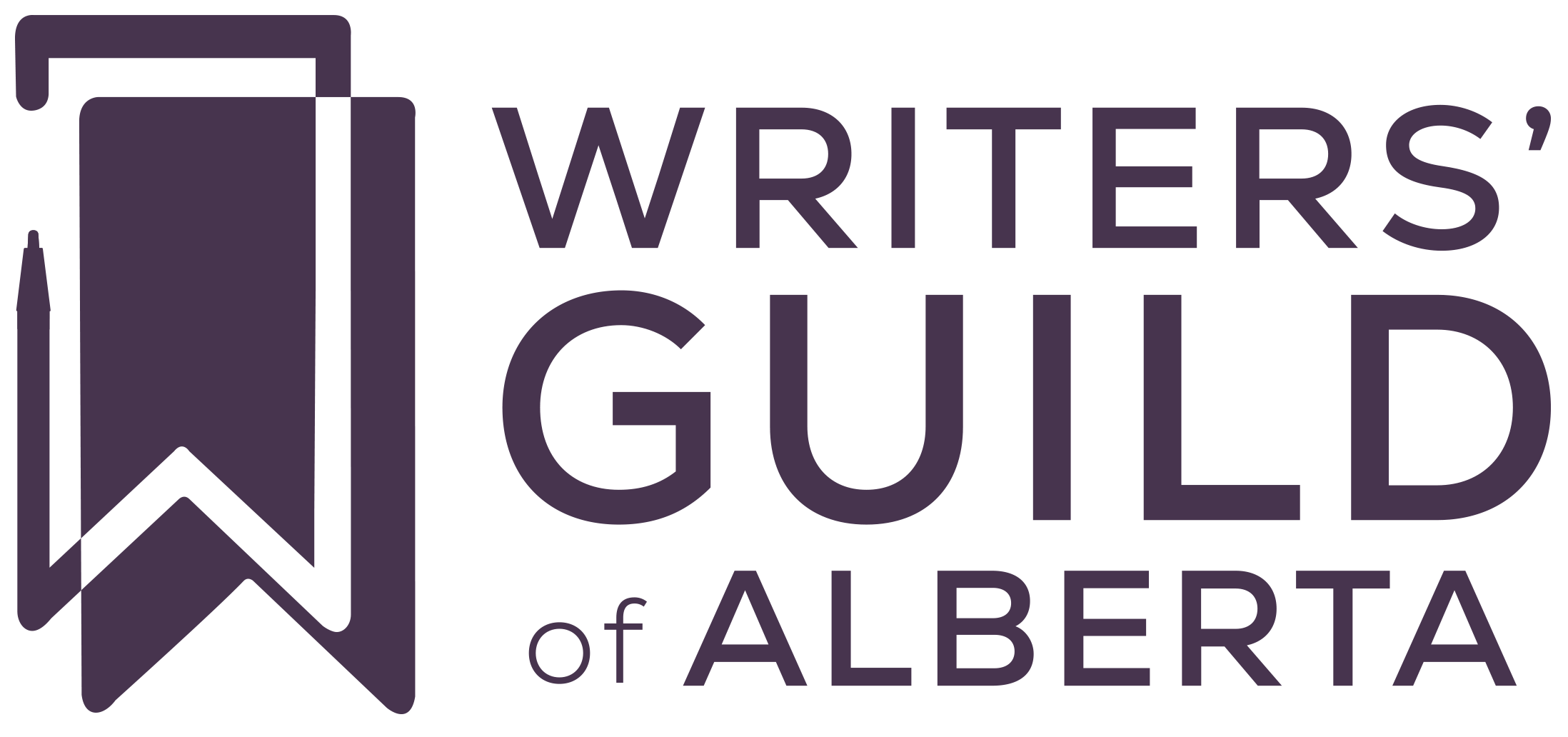Monica Kidd is a writer, mother, family doctor, and printer based out of Calgary, Alberta. She owns a printshop called Whisky Jack Letterpress and works as a family doctor while caring for her three young children. She has written four poetry collections, six books, including a biography detailing her Great Grandparents’ travels to North America. She has worked as a broadcast journalist, a biologist, a family doctor, a writer, as well as occasionally teaching across Canada. I enjoyed conducting research on Dr. Kidd for this interview using her website, I was excited to hear more about her printshop and biography, Any Other Woman, in this opportunity to interview her. With such impressive and widespread achievements, Dr. Kidd is a goldmine of information and inspiration.
How do you inspire writing and a love for words in your three children?
Fortunately, it’s not something I have to work at very hard! The two older ones are constantly, spontaneously reading; the little one, who is five, likes to brag that she read a whole book in a day (she can’t *actually* read yet), and loves to make books by taking stacks of paper from my printer, stapling the edges, and drawing covers. Nature or nurture? Hard to know. But we’ve always read to them every night, and that probably helps.
2. You’re a busy woman as a mother and wife, family doctor, and printer. What role does writing take in your life, now?
Poetry is my first love. So I write as often as I can, but I still need a day job, so it’s not as much as I would like. Much of writing is thinking, and experiencing, even before pen goes to paper. I would say I approach the world as a writer, watching, looking for connections, even when I’m not putting words on paper.
3. What were some notable sources you came across while writing your biography, Any Other Woman? What would you consider your most notable takeaway?
I had fanciful ideas about finding journals of settler women who would have been contemporaries of my great grandmother, but, well, those women were too busy (and probably too humble/practical) to write about their lives! Beyond family stories, interviews, and the few documents at the Glenbow that I felt were relevant, what I mostly had was holes. I guess that was also my biggest takeaway: it’s the holes in a history that carry us forward. Just recently I was reading John McPhee’s Draft No. 4, and came across this passage: “The creative writer leaves white space between chapters or segments of chapters. The creative reader silently articulates the unwritten thought that is present in the white space.” That’s not exactly what was happening in Any Other Woman, but there is something to be said for the wondering.
4. What does belonging to the Writers Guild of Alberta mean to you? How long have you been a member, and what impact does it have on your work and identity as a Canadian Author?
I guess I’ve been a member of the WGA for about 10 years. To be honest, I’m not sure if it has much impact on my work, but it’s important to me to belong to a community of practice, and writers’ organizations are part of this. (I’m also a member of the Writers’ Alliance of Newfoundland and Labrador, The League of Canadian Poets, and The Writers’ Guild of Canada.)
It was a privilege to correspond with Monica Kidd through this Community Service Learning interview. Dr. Kidd is a brilliant biologist, doctor, and writer; getting to know her a little through her website and interview was an exciting opportunity. She mentioned how being a writer permeates every aspect of her life, even if it’s not something she can pursue exclusively. Monica demonstrates how an appreciation for writing and reading is a quality that benefits all areas of development in her daily life and achievements while setting a standard for her children. Dr. Kidd briefly discussed how membership in societies such as the Writers Guild of Alberta, as well as other organizations is important to her.
